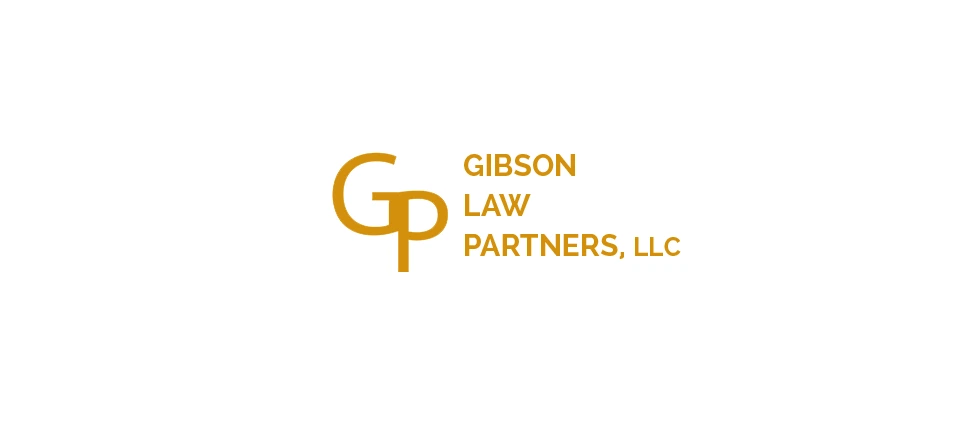Supreme Court rules in favor of whistleblower

Whistleblowers are employees who report the misconduct or illegal activity of another employee or higher up. Many whistleblowers make their reports anonymously to avoid any retaliation from their employer.
Whistleblowing is a legally protected activity through the Sarbanes-Oxley Act. Employees are generally encouraged to report activity they believe is illegal to people who can properly address the activity and take the appropriate measures.
Despite these protections, sometimes whistleblowers do suffer negative consequences from reporting misconduct. These can include termination, demotion, poor performance reviews or even minor effects such as shortened break times or the removal of fringe benefits.
Proving retaliation in a whistleblower campaign can be challenging, but a recent Supreme Court decision upheld a $1 million fine on behalf of an employee who reported his employer’s misconduct.
Opinion included additional whistleblower protections
The unanimous opinion from the Court also ruled in favor of additional whistleblower protections for employees who report misconduct.
Specifically, the opinion ruled that although whistleblowers must still prove their protected activity of reporting the misconduct was a contributing factor in the negative action taken against them, they do not need to prove that the employer acted with a retaliatory intent.
The case involved an employee who worked as a financial expert for UBS Securities. The employee claimed he was pressured by colleagues to change his independent research reports to benefit UBS’s securities trading desk. UBS customers relied on these reports when making decisions.
The employee filed a whistleblower complaint with the Department of Labor in 2012 and was later fired, although UBS argued that he was terminated as part of routine layoffs. According to the employee, he had always received positive feedback on his reports before he was pressured to falsify them.
History of the case
Originally, a jury awarded the employee $1 million in damages, rejecting UBS’s argument that the termination would have occurred regardless of the complaint.
The case was then overturned on appeal and eventually went up to the Supreme Court. The finding that employees do not need to prove retaliatory intent is a major victory for whistleblowers.
The opinion addressed employers who may have concerns that they could now face liability for legitimate business decisions, stating that employers who provide clear and convincing evidence that they would have taken the same action if the employee had not reported misconduct would not necessarily be held liable.
Whistleblower cases in Louisiana often involve complex litigation and high stakes for everyone involved. Having dedicated and experienced help increases your chance of success.

